The aim of the 2nd ECMCRC Summer School on Behavioral and Neuroscientific Research for Economics, Finance and Accounting is to offer students the opportunity to acquire both theoretical and practical knowledge of the key theories, instruments and techniques currently used to undertake high-impact behavioral and neuroscientific research projects in the fields of economics, finance and accounting. This Summer School has been explicitly designed to attract and create practical value for Ph.D. students and post-doctoral researchers, and to seed future research collaborations among participants. Hands-on sessions focusing on the use of neurobiofeedback, eye tracking and data analytics will follow more theoretical lectures which will provide attendees with a grounding in behavioral economics and finance, experimental economics and neuroeconomics. Each day of the Summer School will conclude with a short keynote presentation aiming to provide examples of industry applications of behavioral research and advice on how to design and publish high-impact research and establish and manage an academic career.
Behavioral Economics: Nature and Culture in Decision Making
Behavioral economics uses psychological experimentation to develop descriptive theories about human decision making. This session aims to explain the role of human nature in economic decisions by answering the following questions: how do human beings make their own decisions? how do they assign values to economic goods? how do they assign probability to uncertain events? what is the role of physiological, psychological and social conditions in decision making? What are the tools and methods that economic research can use to answer these questions?
By Prof Riccardo Palumbo, University of Chieti-Pescara

Experimental Methods in Behavioral Finance
Economic experiments are conducted in controlled laboratory environments in order to test economic theory, look for behavioral regularities, formulate new theories to explain unpredicted regularities and make policy recommendations by testing new policies and fine-tuning existing ones. Behavioral finance deals with the study of several financial decision-making mistakes that we could avoid, if only we were familiar with the distortions that caused them. This session will be an introduction to the experimental economic methods used to study psychological distortions in in financial decisions. During the first hour, we will review behavior in individual investment decisions in lotteries with known probabilities (e.g., bonds) and in lotteries with unknown probabilities (e.g., annuities), and the corresponding elicitation of investors’ attitude toward respectively risk and ambiguity. During the second hour, we will review aggregate behavior in financial markets under different bargaining mechanisms (call markets, double auctions, over the counter markets), introducing experimental measures of market inefficiency.
By Professor Giuseppe Attanasi, Université Côte d’Azur, Nice

Strategizing and attention in games
This session will bring students through two groups of studies designed to explore strategic reasoning and attention in games. The first group of studies uses neuroimaging results from the beauty contest game to identify a network associated with strategic thinking and to show how the brain does not distinguish learning from reasoning. The second group of studies leverages eye-tracking to measure the dynamic patterns of visual information acquisition in games. In a first study, participants played one-shot two-player normal-form games in which either, neither, or only one of the players had a dominant strategy. This method allows to predict whether the decision process would lead to equilibrium choices or not, and to attribute out-of-equilibrium responses to limited cognitive capacities or social motives. In a second study, eye-tracking is used to test whether players’ actions are consistent with their expectations of their opponent’s behavior. Implications for the theories of bounded rationality will be discussed.
By Professor Giorgio Coricelli, University of Southern California

Data Analytics for Behavioral Research
This session is designed to help students understand how to leverage data analytics to capture individuals’ emotions and to analyze data gathered through different tools used in behavioral research. The course is divided into two main sections: a theoretical introduction in the morning aiming to discuss the challenges of working behavioral data and the main techniques to overcome such challenges; a hands-on session in the afternoon where students will learn how to analyze sentiment, facial expressions and physiological recordings using R. This course will equip students with both a theoretical and practical knowledge of the main analytics tools and techniques to manipulate and investigate different types of behavioral data. Previous knowledge of R is not required although beneficial.
By Dr. Damien Dupré, DCU Business School

Textual Analysis for New Data Insights
Economics, finance, and accounting, has traditionally relied on mastery of numbers to gain insight into phenomena in their fields, and to attempt to forecast future behavior of these phenomena. This numerical focus has resulted in largely ignoring the vast amount of text data that is available to gain additional rich insights into such behavior. For example, an accounting researcher or analyst, when faced with a 200-page corporate annual report might just extract a few lines of data from the financial accounts, with the other 195 pages of writing in the report devoted to better understanding the firm’s performance set aside as if irrelevant. In this tutorial workshop we will introduce some of the more popular textual analysis techniques, using R, that allow us to extract useful knowledge from textual documents. We will firstly, and briefly, show how to import and clean text data, then we will move on to explore useful analysis techniques. These techniques include statistical investigation and presentation of document content, sentiment analysis, and topic modelling.
By Dr. Micheal Dowling, Rennes School of Business

Behavioral Research in Accounting and Auditing
The session will give an overview of experimental work in accounting and auditing. Research in this area can be roughly divided into experiments designed to analyse the strategic interaction between (at least) two actors or market behaviour, and experiments designed to investigate individual decision-making in an accounting or auditing context. This session presents the main methodological approaches that are typically applied in the more economically oriented and the more psychologically oriented part of experimental research in accounting and auditing. Using examples of published work, the session highlights and critically discusses the experimental design and the typically used methods of data analysis. Moreover, participants will have the opportunity to discuss their own ideas and design choices.
By Dr. Ulrike Stefani, University of Konstanz

Psychophysiology and decision making: neurobiofeedback applications
By Loreta Cannito

It’s the brain economy stupid, a lesson from the nervous system
The talk will dwell on underlying mechanisms of cognition and discuss the physiological functioning of molecular substrates that are in control of key processes like memory, attention, and abstract thinking. We will also explore the most recent concepts in the field of systems biology and apply these notions to explain the vibrant and productive networking activity that is beyond brain functioning. We will discuss the brain “economics”. Brain functioning is expensive and characterized by high metabolic costs but is also an excellent economic model that produces the most “bang for the buck”. We will consider and review the high efficiency, robustness, modularity of brain networks. The organization of the brain offers an excellent model of a system based on a dynamic process of negotiating and re-negotiating requests, “on-call” adjustments of the cognitive yield, trade-offs between wiring costs, and final outputs. Analogies and similarities between economic models and the core business of brain functioning will be sketched.
By Stefano L. Sensi

Economic Experiments in Project Management
This session will demonstrate how experimental economics methods help uncover biases and hidden inefficiencies in project management and specifically in the area of project planning. In any business project, accurate schedules are central to ensuring effective utilization of resources. Yet, according to a recent global project performance report, approximately 50 percent of business projects fail to be delivered within the original estimated schedule. The failures are often caused by unrealistic estimates of the time needed to complete project tasks, often anchored on customer’s expectations or uninformed suggestions. Other projects involve (strategically) inflated schedules, leading to inefficiencies due to slower project execution without commensurate improvement in quality. Such biases and hidden inefficiencies are difficult to detect using happenstance data. We argue that incentivized experiments enable the researcher to identify conditions under which inefficiencies in project planning arise and provide insights how to mitigate them. The session will feature a guest speaker Dr Matej Lorko who will discuss his industry experience in project management and the importance of incorporating behavioral insights in project planning and execution.
By Prof. Maroš Servátka, Macquarie Graduate School of Management

Sex differences in brain structure and function
TA mounting body of evidence indicates that the male and female brains respond differently to a variety of stimuli, in particular in the context of neurological diseases. Whether this is due to biological (sex) or socioeconomic reasons (gender) is still debated. This lecture will provide an overview of the issue, by 1. introducing the concpet of sex (biological makeup) and gender (socioeconomic construct), 2. Discuss well known as well as controversial sex differences in brain structure and function and 3. offering examples from the field of neurology and psychiatry of clinically significant differences in disease presentation in men and women. These differences need to be taken seriously into account when designing basic and clinical neuroscientific research projects, as well as for the optimization of personalized digital tools.
By Dr Antonella Santuccione & Dr Maria Teresa Ferretti


Financial Advisors and Investor Behavior
Many retail investors fall prey of behavioral biases and make poor investment decisions. Financial advisors can, in principle, help their clients to navigate complex savings and investment decisions. Nonetheless, advisors are often compensated through commissions based on the products they sell. These incentives generate agency conflicts and could compromise the quality of advice. Do financial advisors help their clients to achieve better performance? Do they minimize their investment biases? What are the major benefits of having a financial advisor? Or are robo-advisers a more cost-effective way to provide financial advice? The answers to these questions could have profound welfare implications for households.
By Alessandro Previtero – Kelley School of Business at Indiana University

Investor Expectations and Sentiment in the Stock Market
Theory work in behavioral finance suggests that investor sentiment and biases in investor expectations can have a large impact on the pricing of financial assets. On the other hand, how much behavioral biases truly matter in financial markets is still an open empirical question. In this lecture we review the literature on investor sentiment in the stock market, and then explore how recent work on investors’ belief formation, e.g., experience effects, return extrapolation, can shed new light on the role that biases in expectations play in financial markets.
By Dr Stefano Cassella – Tilburg University

More to be announced…
Paper Development Workshop
The last day of the summer school will be dedicated to development of a paper for the Special Issues published by Journal of Behavioral Economics for Policy (JBEP) titled: “Recent Applications and Developments in Behavioural Economics and Finance”. Participants will be mentored and supported by the teaching team during the whole day. The paper should deal with a critical literature review of a hot topic, with an interdisciplinary approach, eventually leading to a proposal of a new experimental design dealing with a novel research question.

IAREP (International Association for Research in Economic Psychology) has kindly sponsored six scholarships for this edition of the Summer School. We will refund the full registration fee to the authors of the best paper proposals for the Special Issues of Journal of Behavioral Economics for Policy (JBEP).
Proposals will have to be submitted by the Saturday, 11 July. Each proposal will be evaluated by the editors and the authors of the best proposal will be notified by Thursday, 16 July.

The participants to the Summer School will have the opportunity to submit papers for fast-track review to two Special Issues published by Journal of Behavioral Economics for Policy (JBEP) titled: “Recent Applications and Developments in Behavioural Economics and Finance”
Call for papers
This special issue of JBEP will be addressed to Graduate students and Post-doctoral researchers admitted to the “Summer School on Behavioral and Neuroscientific Research for Economics and Finance” (DCU Business School — Dublin City University). The core lectures of the summer school will provide attendees with a grounding in behavioral economics and finance techniques.
Each day of the summer school will end with short keynote presentations aiming to provide examples of applications of behavioral research to the topics of the special issue.
The last day of the summer school will be explicitly designed to facilitate research collaborations among attendees in order to write a paper about one of the summer school topics to be submitted to the special issue of JBEP within two months. Participants will be mentored and supported by the teaching team during the whole day.
The paper should deal with a critical literature review of a hot topic, with an interdisciplinary approach, eventually leading to a proposal of a new experimental design dealing with a novel research question.
Each participant/team will present their paper proposal to the panel of special issue editors at the end of the day.
Topics may include (but not limited to):
- Mind the gap: generational differences the approach to financial decision making
- Millennials attitudes towards pension and retirement
- Data analytics applications for behavioural economics
- Leveraging social media data for predicting economic trends
- The relationship between Artificial Intelligence adoption by regulators and incentives to fraudulent behavior
- Government Nudging in the Age of Big Data
- Linguistic Nudges for Policy Making
- Privacy decision making in the age of big data: a behavioural perspective
- The impact of fake news and fake behaviours (intelligent bots) on real news and real behaviours
- Behavioral economics for financial education
- Risk and ambiguity aversion in financial decisions
- Market trading mechanisms in behavioral finance
Deadline for paper submission:
September 15, 2020
Publication of the Special Issue:
Early 2021
Best Paper Award:
The author(s) of the best paper published on the special issue of JBEP will be granted a full waiver of conference fees and accommodation costs to participate at the 2021 SABE/IAREP Conference in Nice.
ORGANISING
COMMITTEE

Dr. Pierangelo Rosati
Assistant Professor in Business Analytics

Dr. Lisa van der Werff
Assistant Professor in Organisational Psychology

Prof. Riccardo Palumbo
Professor of Behavioral Economics & Finance

Prof. Giuseppe Attanasi
Full Professor in Economics






